
No External Influence in Recent Political Shifts: Pampha Bhusal
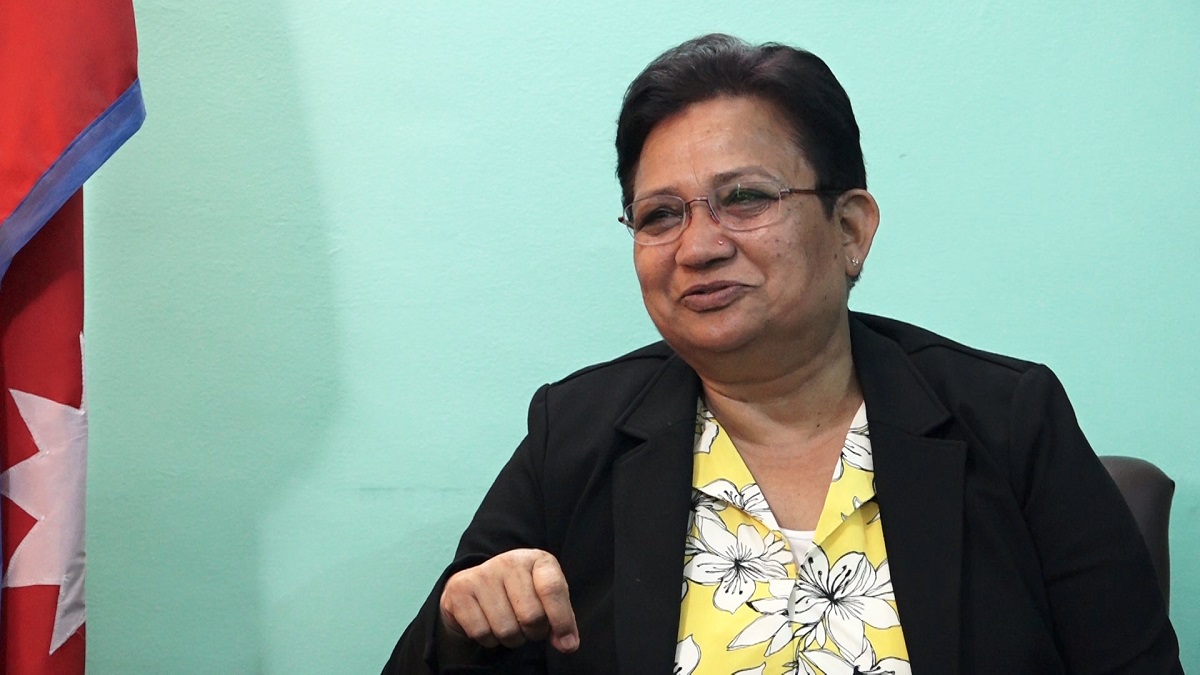
In a recent interview with RSS, Vice Chairperson of the CPN (Maoist Centre), Pampha Bhusal, addressed the swirling speculations regarding external influences on the recent political shifts within Nepal. Bhusal unequivocally stated that the party’s decision to reconfigure its alliances, particularly breaking away from the Nepali Congress and forming a new coalition with CPN (UML) and other parties, was entirely an internal decision.
“Any insinuation of external forces influencing our political decisions is unfounded,” asserted Bhusal, pushing back against the prevalent notion that Nepalese politics are often shaped by foreign interests. “We must dispel the misconception that every political event in Nepal is orchestrated from abroad. Our recent actions are a testament to our commitment to internal sovereignty and autonomy in decision-making.”
The move to forge new alliances, according to Bhusal, is aimed at fortifying ties with neighboring nations and the global community, fostering stability and progress within the country. She emphasized that the new coalition holds the promise of clearer political alignments and heightened sustainability, thereby steering Nepal towards a more stable political trajectory.
Addressing concerns about potential political instability stemming from frequent shifts in alliances, Bhusal framed such changes as part of a positive evolution towards a more mature political landscape. “This shift allows us to learn from past mistakes and chart a course towards lasting stability,” she remarked, hinting at a collective effort to analyze and rectify previous lapses in political cohesion.
In response to queries regarding the impact of these changes on transitional justice issues, Bhusal stressed the collective responsibility of all political stakeholders in achieving peace and reconciliation. She expressed optimism that the inclusion of CPN (UML) in the government would expedite the resolution of longstanding transitional justice issues, signaling a renewed commitment to addressing the wounds of the past.
Furthermore, Bhusal refuted criticisms levied against the Maoist party, dismissing accusations of inefficiency and instability as misconceptions. “Our party remains at the forefront of driving significant political transformations in Nepal,” she asserted, highlighting the progressive nature of the Maoist movement and its pivotal role in shaping the country’s political landscape. She reiterated the party’s commitment to advancing democracy and socialism while ensuring stability and progress for all Nepalese citizens.
- 3rd Investment Summit: Information Minister urges investors to take advantage of IT sector
- NHRC demands govt. to take effective measures to reduce fire related incidents
- Ilam by-poll: UML’s Suhang Nembang maintains lead in vote count
- Nepal SBI Bank Ltd. Honored by NRB for Exceptional Contribution to Inward Remittances


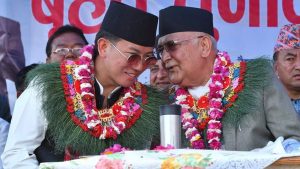
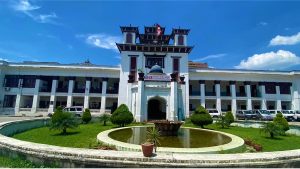

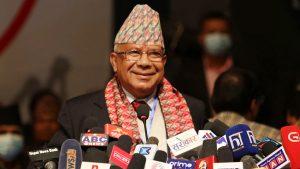
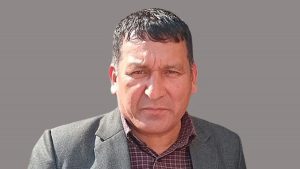






Comments